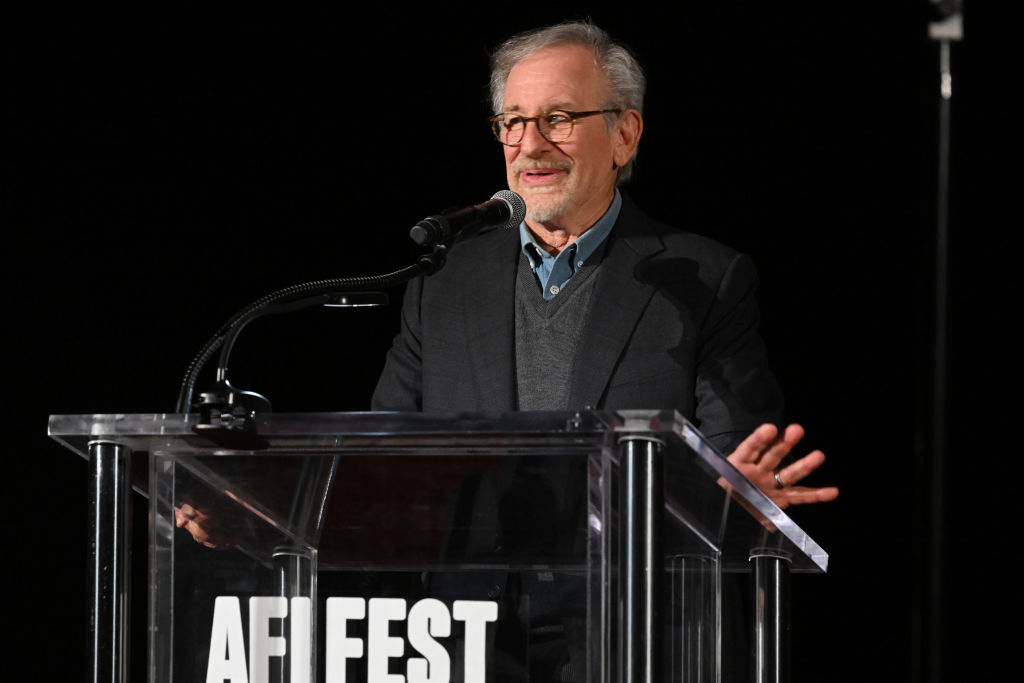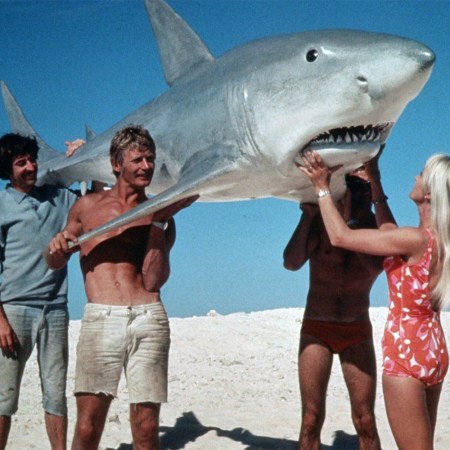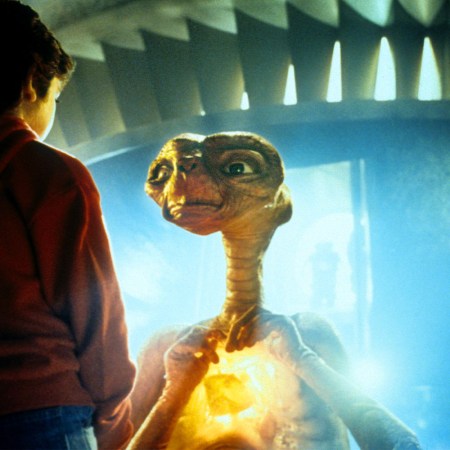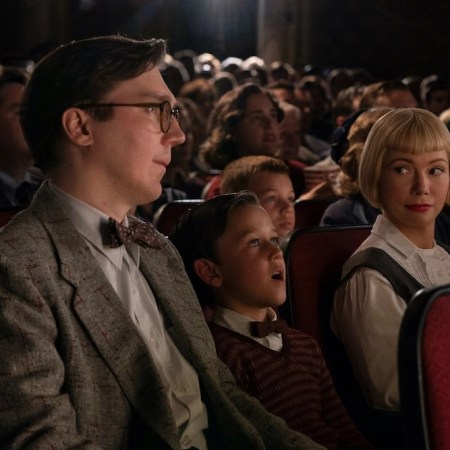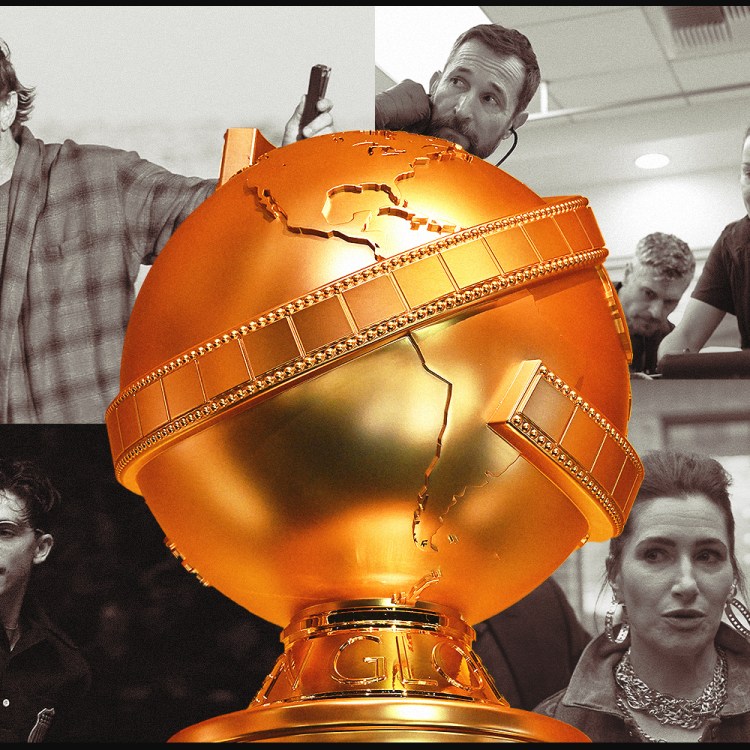Director Steven Spielberg’s film Jaws is widely believed to have changed the landscape of American studio moviemaking forever, sparking a focus on blockbusters that’s still being felt decades later. As it turns out, that’s not the only thing the film had a significant impact on.
Before the release of Jaws, sharks weren’t viewed with the level of fear currently associated with them. As CBS News pointed out earlier this year, Peter Benchley, who wrote the novel on which the film was based, regretted the effect that his book had had on shark populations — and had also clarified that the scenario described in his novel was, in fact, fictional.
He isn’t the only one to take issue with the legacy of Jaws. Steven Spielberg recently addressed this aspect of the film in a conversation with the BBC’s Desert Island Discs. As The Hollywood Reporter described, Spielberg raised the subject of the film’s lingering effects, and whether or not sharks hold grudges.
“That’s one of the things I still fear — not to get eaten by a shark, but that sharks are somehow mad at me for the feeding frenzy of crazy sport fishermen that happened after 1975, which I truly, and to this day, regret the decimation of the shark population because of the book and the film,” Spielberg said.
As a Smithsonian Magazine article pointed out, shark populations began dwindling in the wake of the movie’s release. It might not be the most significant real-world effect inspired by a popular film, but it’s still disquieting.
Thanks for reading InsideHook. Sign up for our daily newsletter and be in the know.
